A glass cooktop can add a sleek and modern touch to your kitchen, but it requires regular care to maintain its pristine look. Cooking spills, stains, and grime can accumulate over time, so it’s important to know the proper way to clean and maintain your glass cooktop. In this guide, we'll cover everything you need to know to keep your cooktop shining like new.
Quick Overview
What is the Best Method for Cleaning a Glass Cooktop?
Remove any debris from your portable induction cooktop and apply some Cleaner, and let it sit for a few minutes. Cleanse the surface with a non-abrasive cleaning pad or sponge, wipe it away with a damp cloth, and wipe dry with a microfiber cloth.
How to Clean a Glass Cooktop With Natural Products
Find out how to make a grimy glass stovetop sparkle and shine with these expert cleaning tips.
Daily Glass Cooktop Cleaning
First and foremost, the easiest way to keep your glass-top stove clean is by wiping down the surface after each use. Ideally, you’ll want to use a microfiber cloth or sponge moistened with vinegar or water, and never a scouring pad or scrub brush. Unfortunately, this can only be done once the surface is no longer hot, and by that time, many cooks have moved on to serving or eating.
Dirty Glass Cooktop Cleaning Method: Vinegar, Dish Soap & Water
This method is one of the simplest and most effective ways to clean your glass stovetop.
Steps:
-
Mix the Cleaning Solution: In a spray bottle, combine equal parts white vinegar and warm water. Add a few drops of dish soap to the mixture.
-
Spray the Solution: Spray the solution generously over the glass stovetop. Let it sit for 5-10 minutes to loosen any grime, grease, or food residues.
-
Wipe Away: Use a microfiber cloth or sponge to wipe the stovetop clean, using gentle circular motions.
- Rinse and Dry: Once the surface is clean, wipe down the stovetop with a damp cloth to remove any leftover solution. Then, dry with a clean, dry cloth to avoid streaks.
Dirty Glass Cooktop Cleaning Method: Lemon and Soda
Lemon and baking soda combine natural acidity and abrasiveness, making them an excellent choice for stubborn stains.

Steps:
-
Prepare the Lemon: Cut the lemon in half. Squeeze the juice onto the stains, especially on areas with burnt food or grease.
-
Apply Baking Soda: Sprinkle the baking soda over the lemon juice. The combination will create a fizzing reaction that helps lift the stains.
-
Let it Sit: Allow the mixture to sit for about 10-15 minutes to loosen the residue.
-
Scrub Gently: Use a microfiber cloth to scrub the stovetop in circular motions. For tough areas, you can use a plastic scraper to lift the residue carefully.
- Rinse and Dry: Rinse the surface with warm water and dry with a clean cloth.
Additional Tips for a Cleaner Glass Stovetop
Use a Soft Scraper: For tough, stuck-on food, a plastic scraper can be used to gently remove burnt residue without scratching the glass surface.
Clean Spills Immediately: To prevent stains from hardening, it’s always best to clean spills as soon as they happen.
Avoid Abrasive Sponges: Never use steel wool or harsh abrasive sponges that can scratch the glass. Always opt for soft, non-abrasive materials.
Importance of Cleaning Your Glass Stovetop
Cleaning your glass stovetop regularly is essential for maintaining its appearance, performance, and safety over time. When food residues are left to burn on the stovetop, they can create hot spots, which over time may cause the glass surface to crack. "Food residues that are left to burn on the stovetop can lead to the development of hot spots, which may result in cracks on the
However, glass cracking isn't the only safety concern that improper maintenance poses. "Grease, food particles, and spills on a glass stovetop can become potential fire hazards," "If these substances are left to accumulate and heat up, they might ignite and cause a fire." This underscores the critical need for regular cleaning to prevent these risks and ensure that your stovetop remains safe to use.
In addition to preventing safety hazards, cleaning your glass stovetop helps maintain its sleek appearance and ensures that heat is evenly distributed during cooking, enhancing both the efficiency and longevity of your cooktop. Routine cleaning can also prevent food buildup that might otherwise make future cleaning more difficult, saving you time and effort.
By committing to regular cleaning, you not only extend the life of your glass stovetop but also keep your kitchen safer and more efficient.

How Often to Clean Your Glass Cooktop
To keep your glass cooktop in top condition, it's important to clean it regularly. You should wipe down your glass cooktop after every use to prevent the buildup of food residue, grease, and spills. In addition to after-use wiping, it's recommended to perform a deeper cleaning at least once a week. This will help keep the cooktop in good shape and prevent tougher stains or grime from forming.
Additionally, you should clean up any spills and stains as soon as the cooktop has cooled down. This prevents them from hardening or becoming more difficult to remove.
Conclusion
A glass cooktop is a beautiful and functional addition to any kitchen, but it requires proper cleaning and maintenance to keep it looking its best. By following these simple steps and tips, you can ensure that your cooktop stays spotless and shining for years to come. Regular cleaning not only improves the appearance but also extends the lifespan of your cooktop, making cooking even more enjoyable.
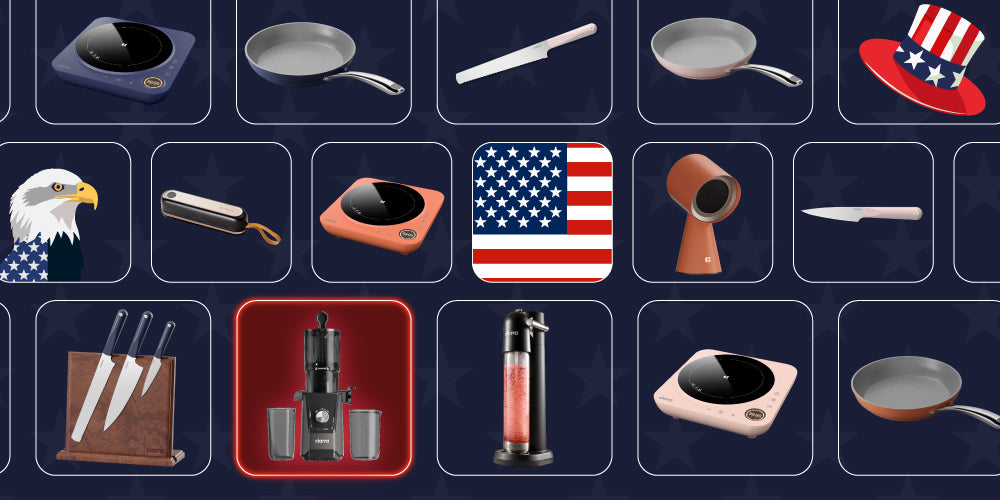
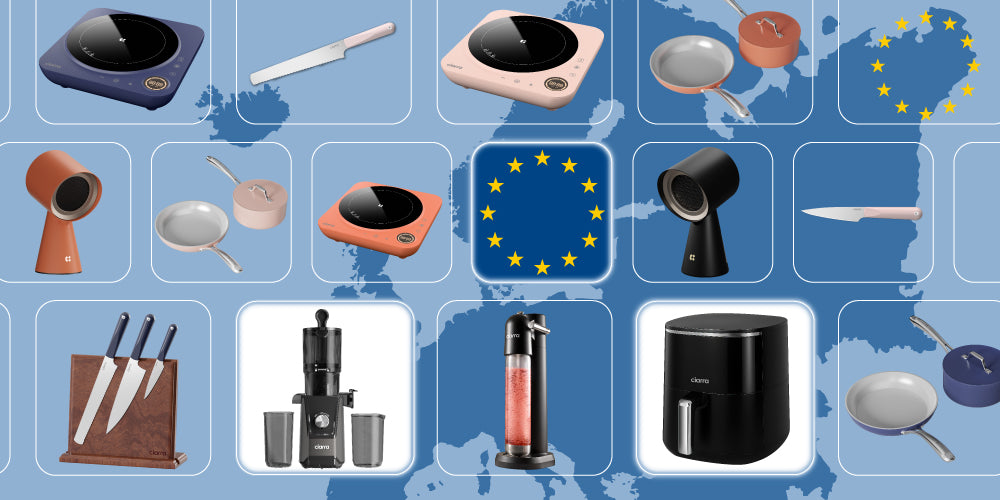
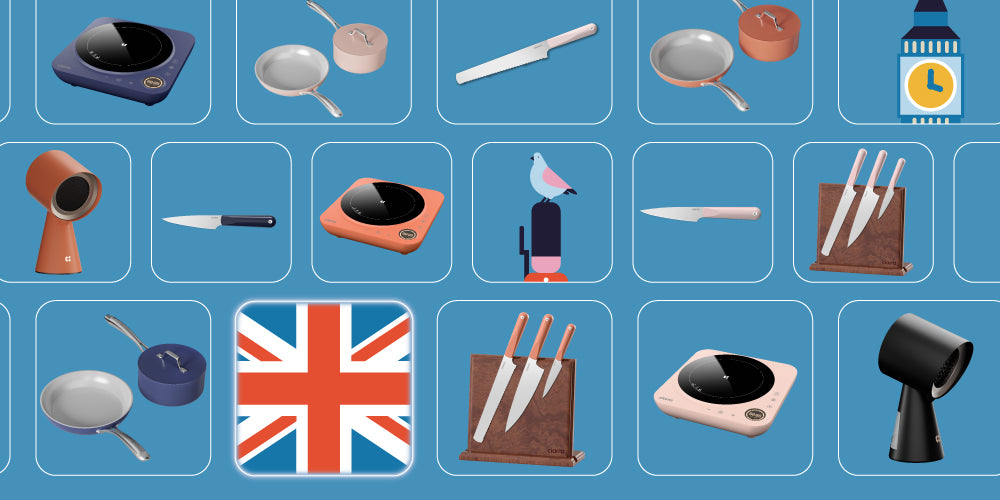
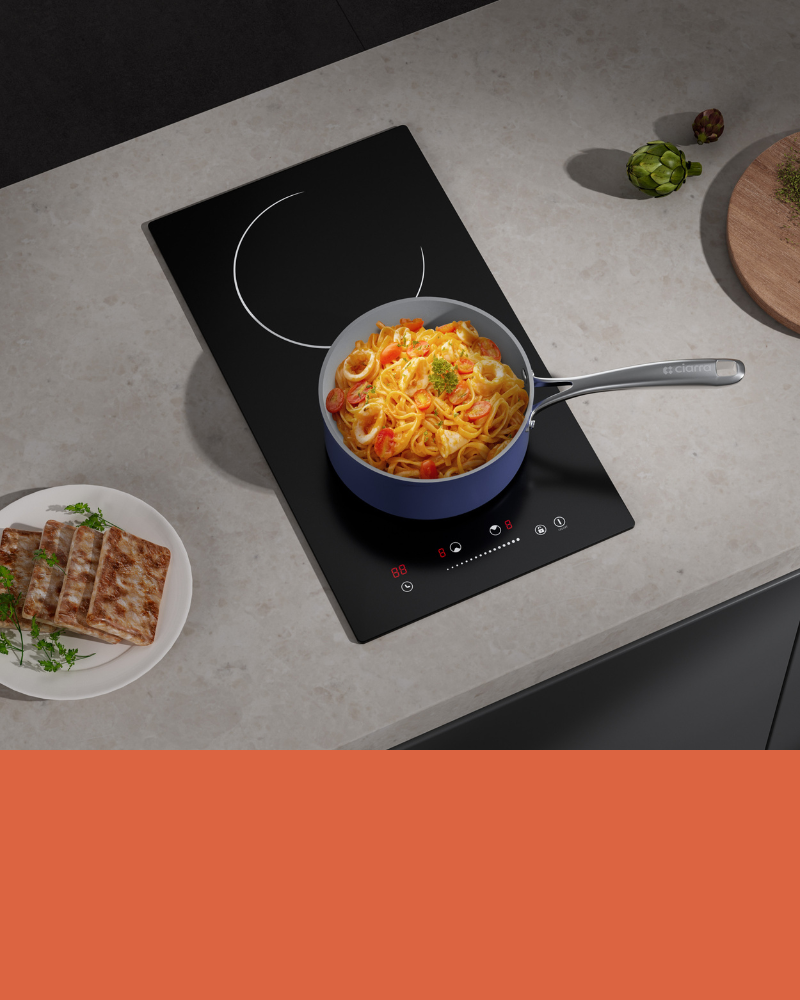
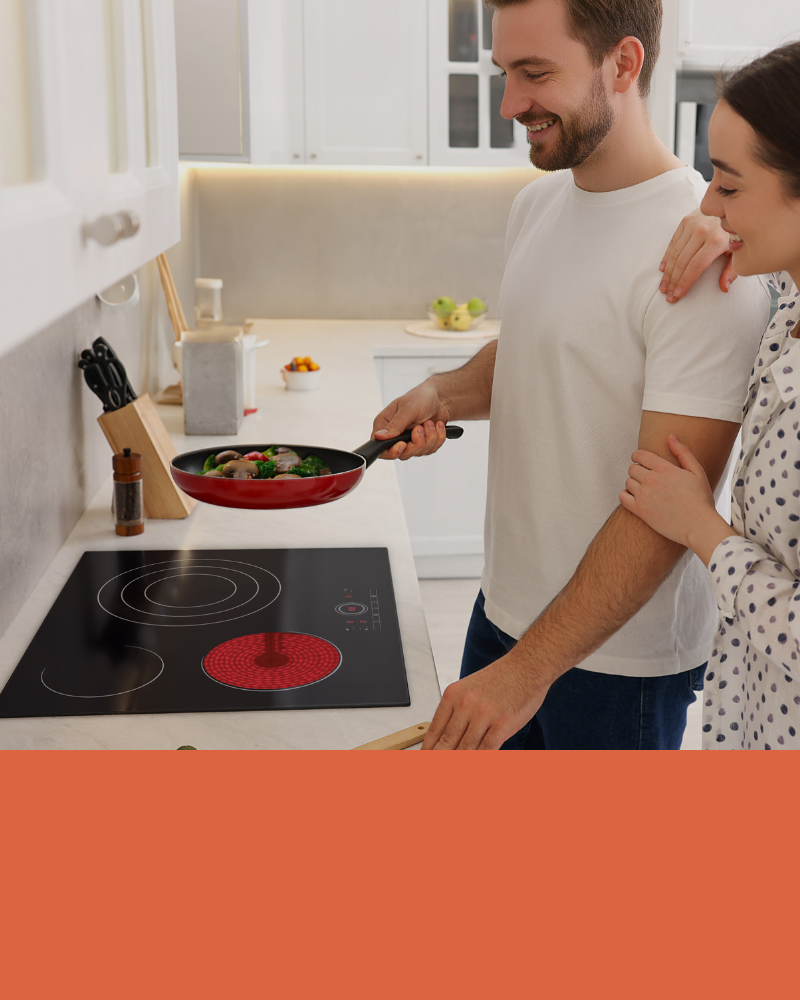
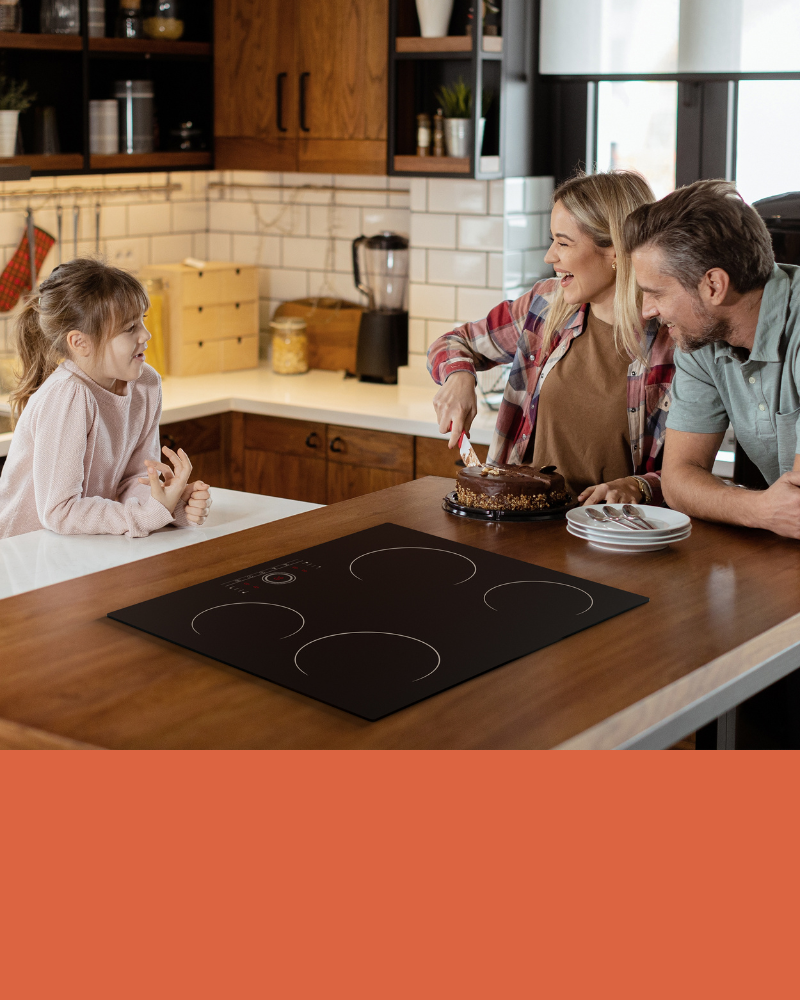
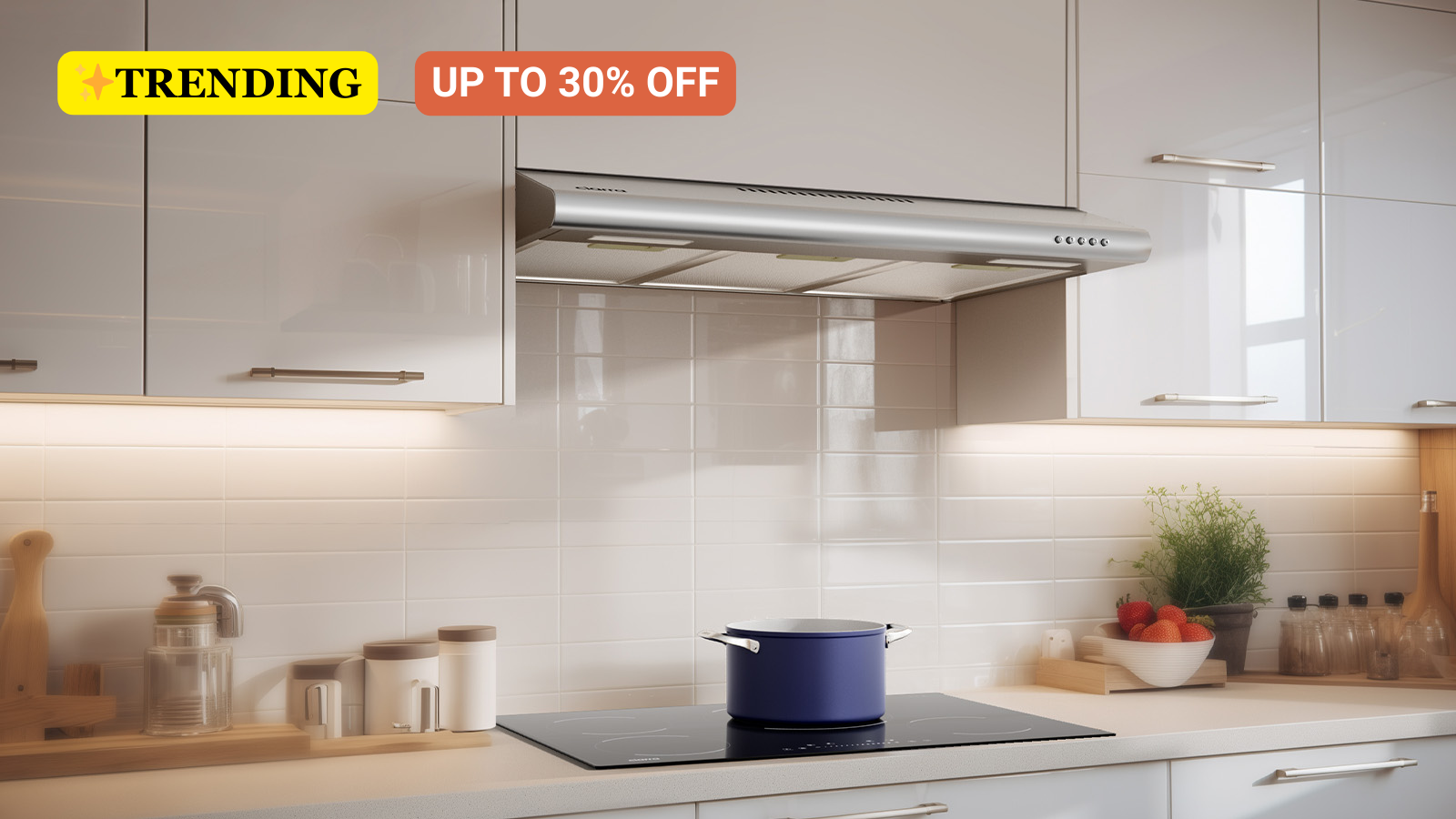
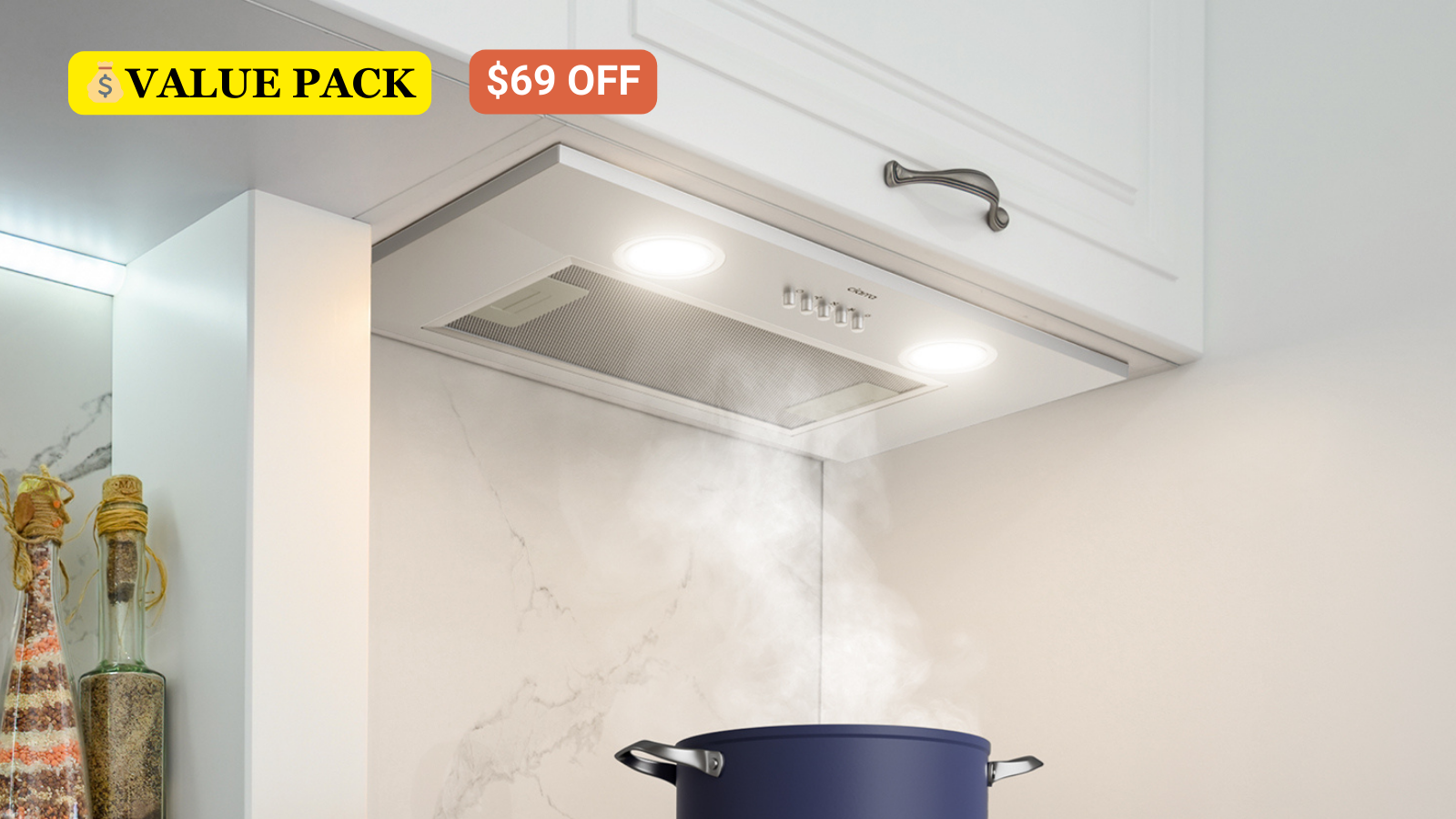
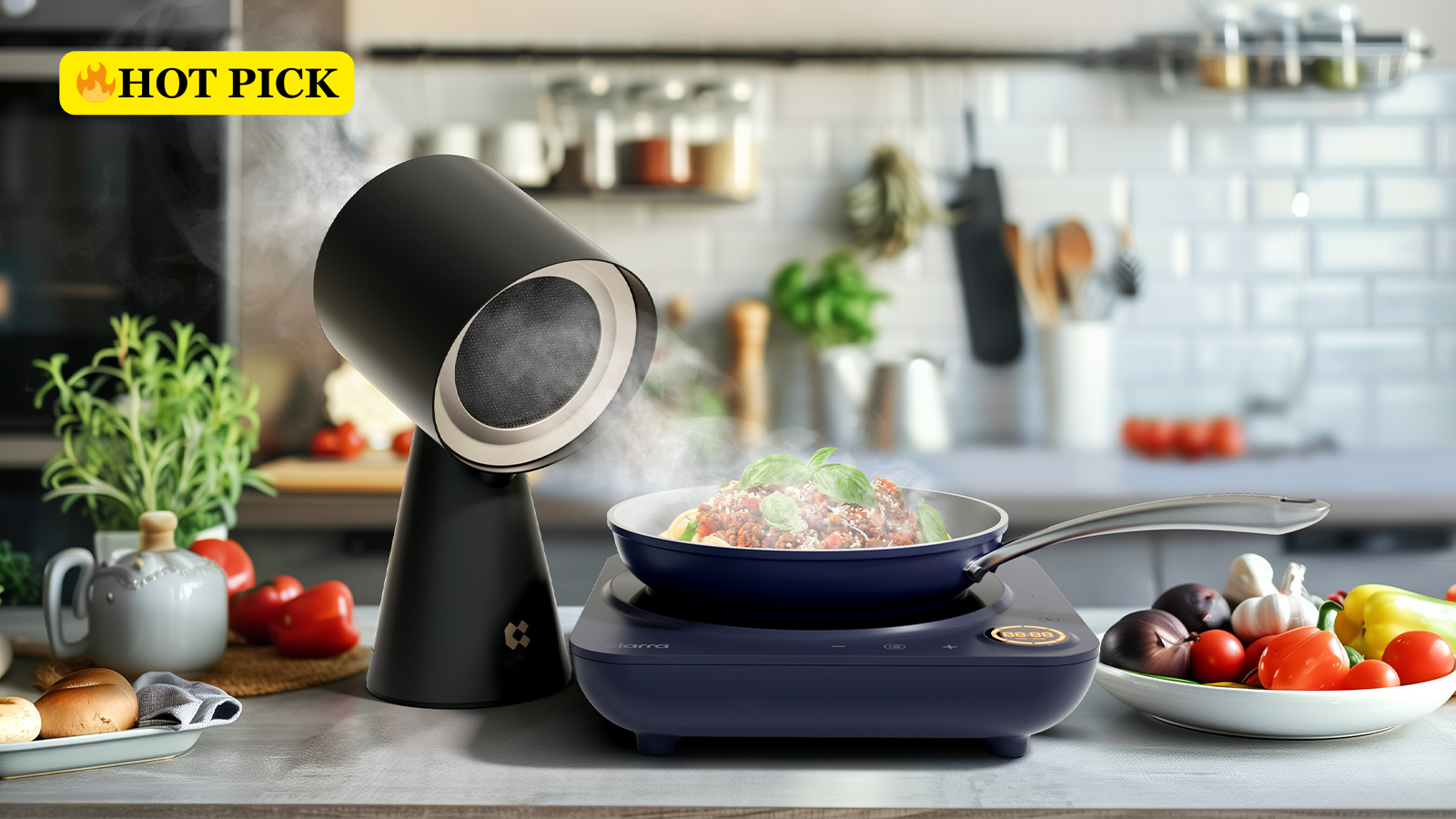
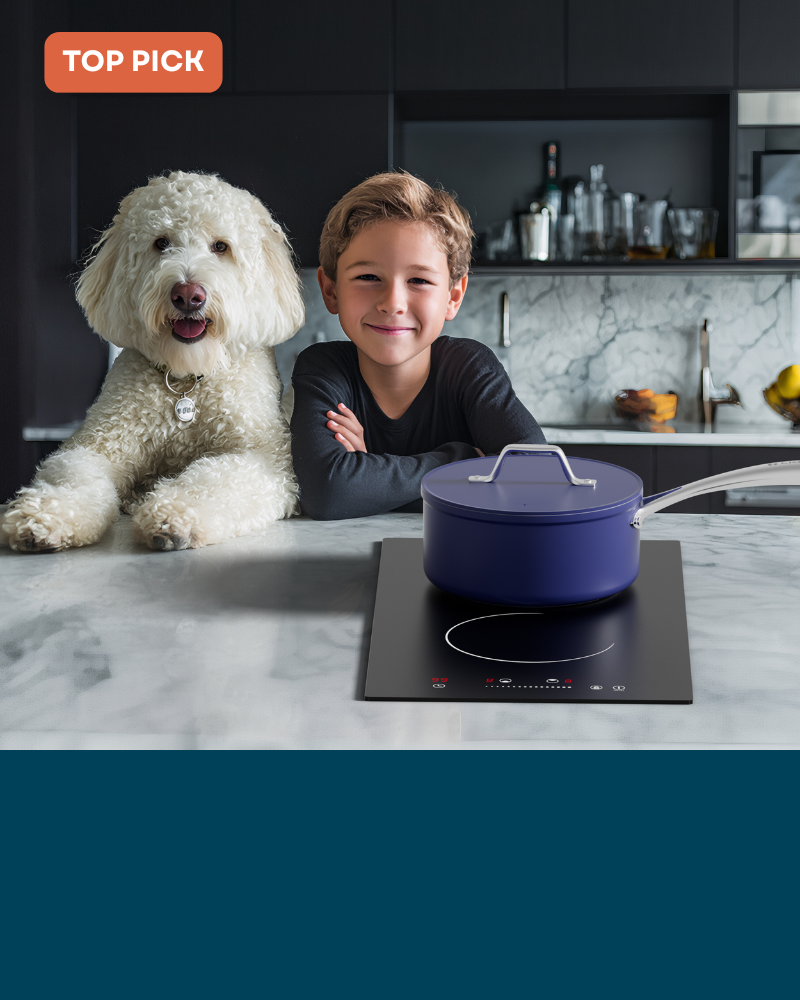
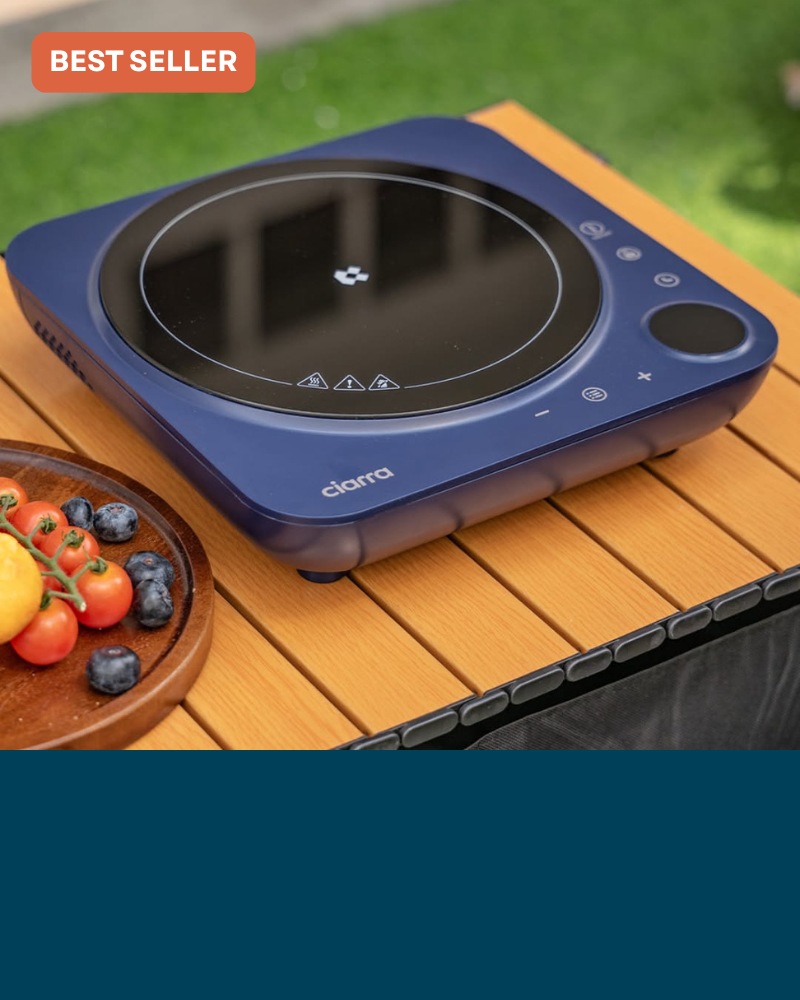
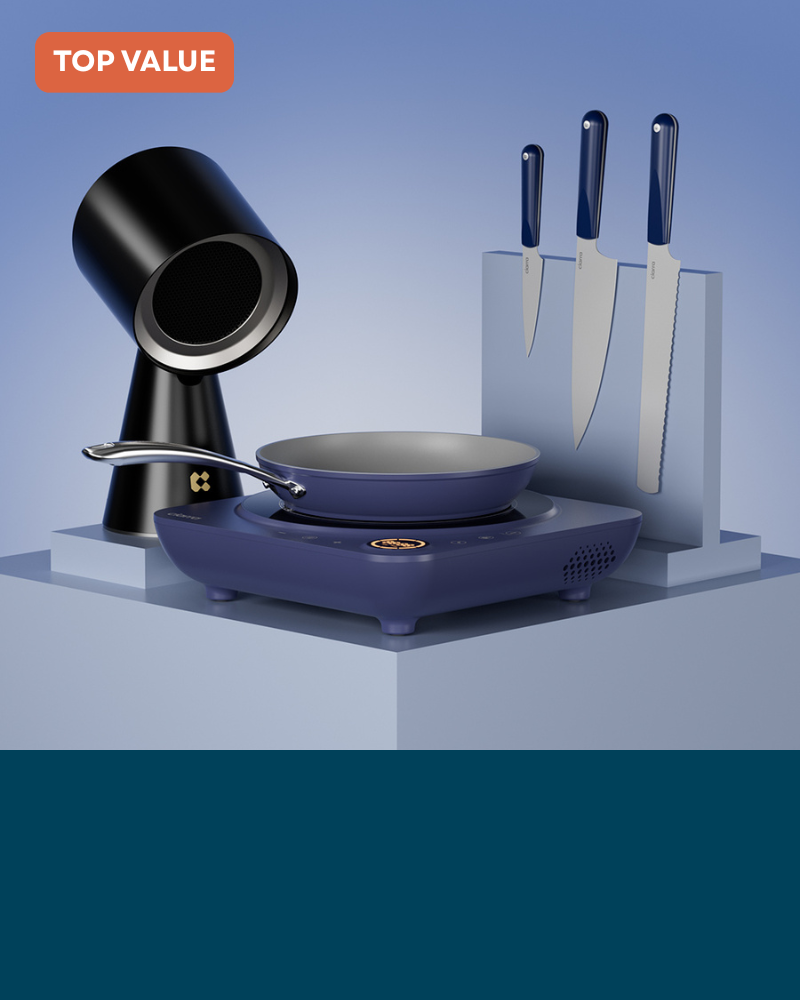
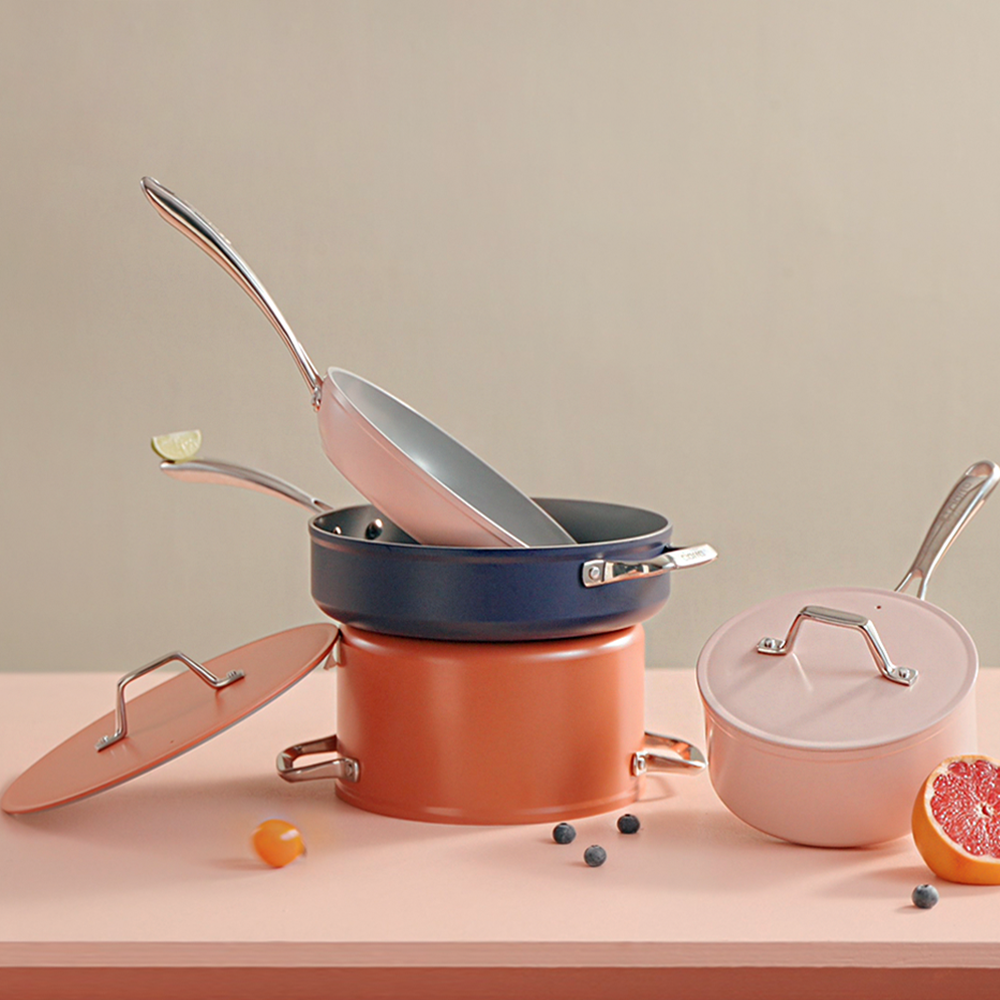
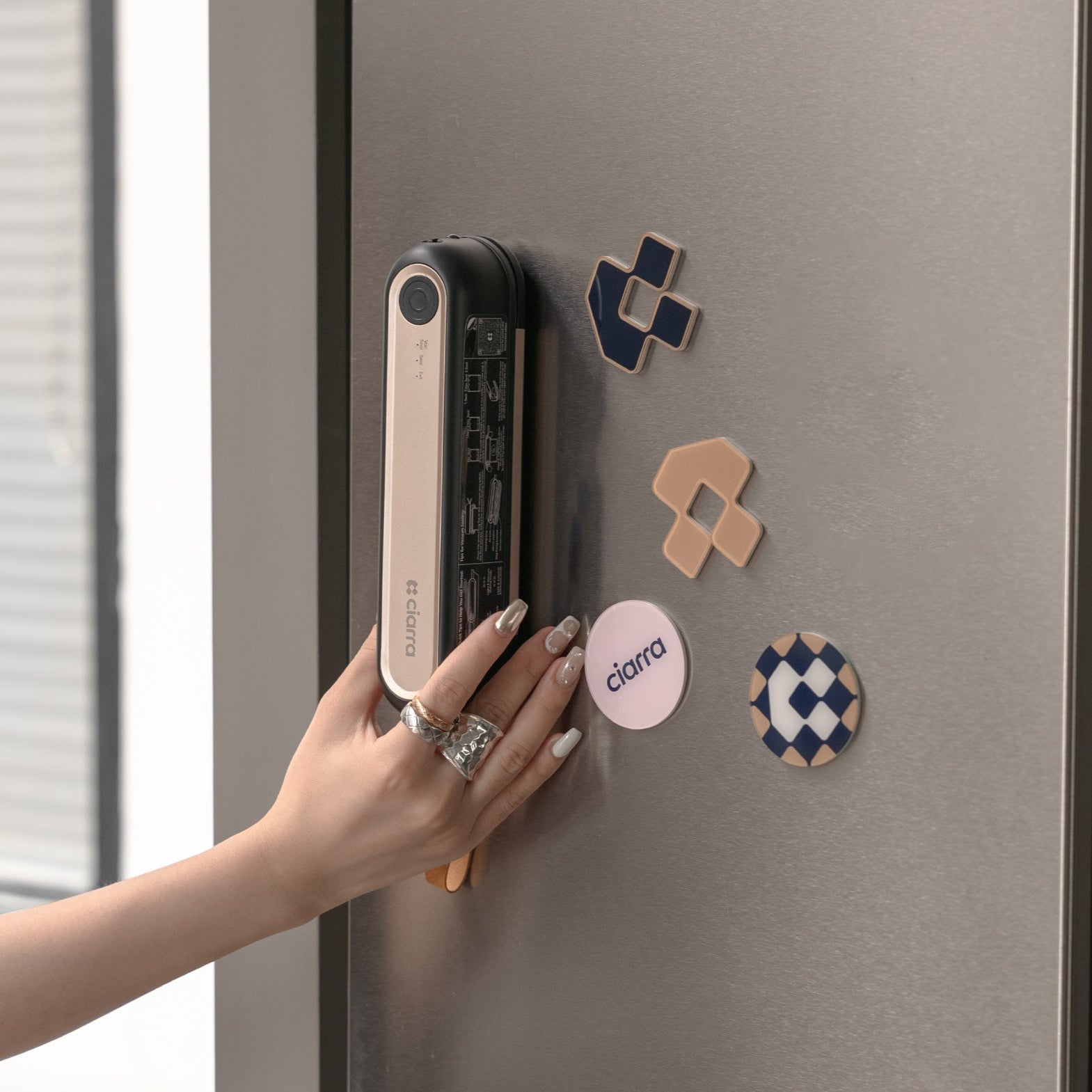


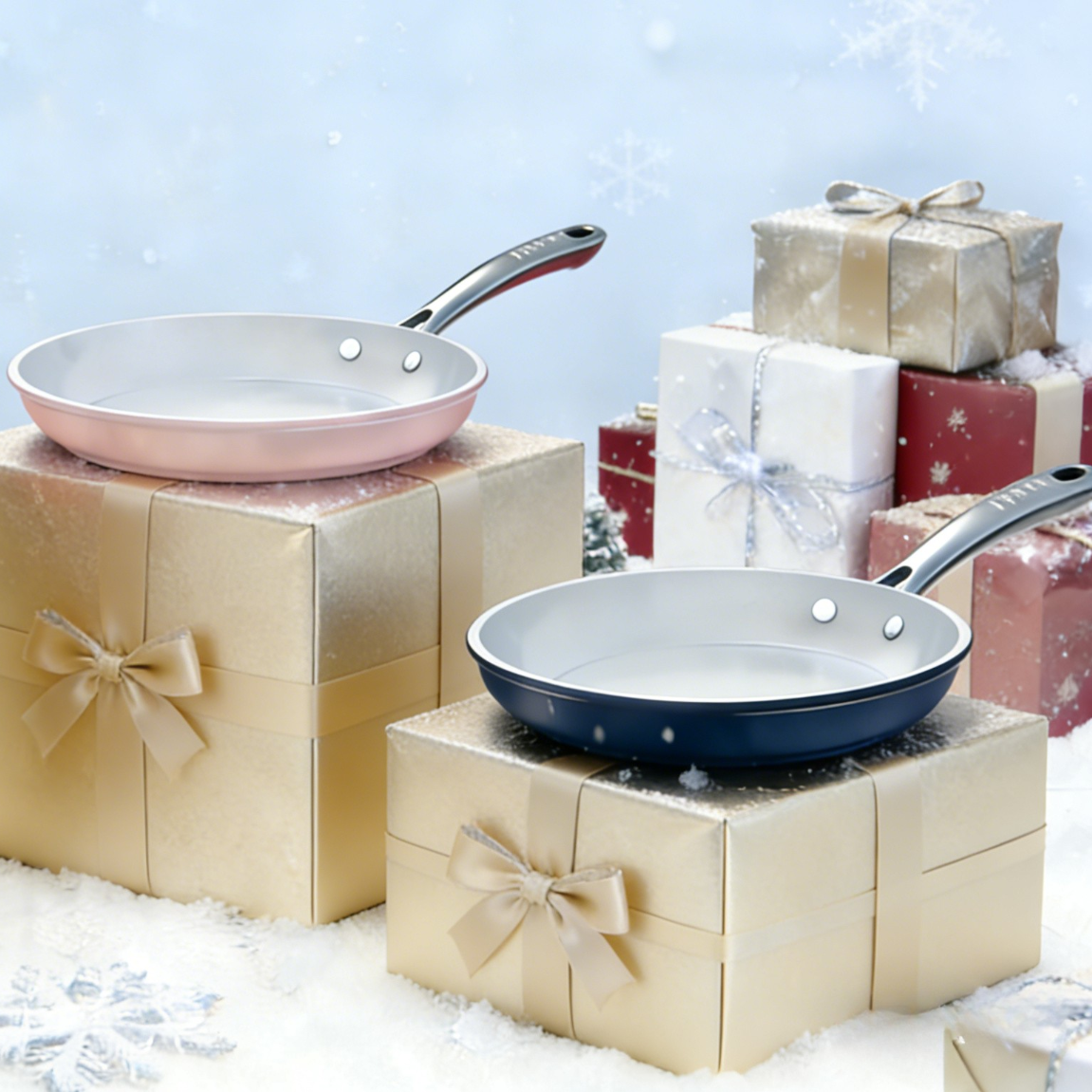
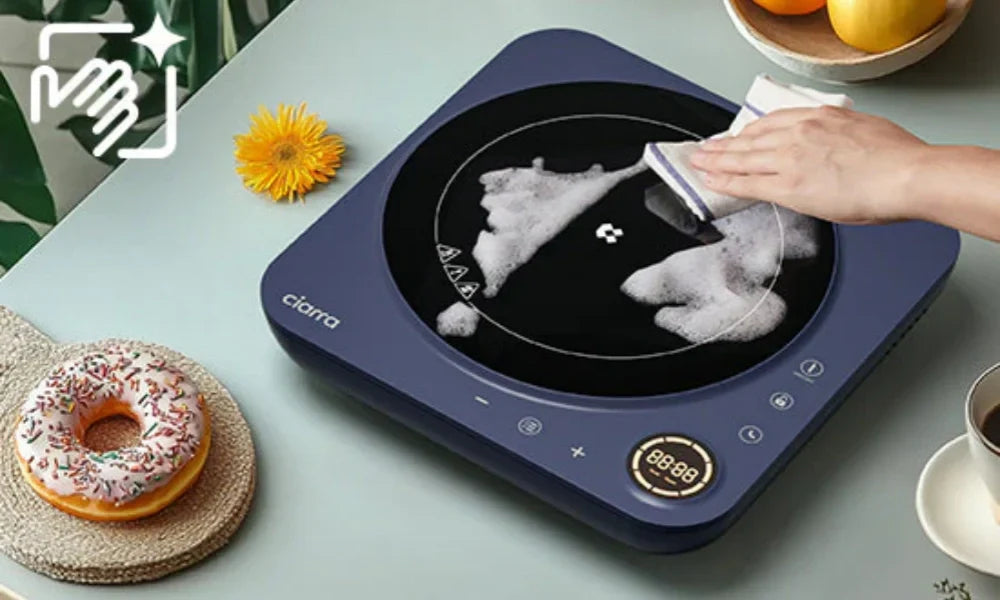

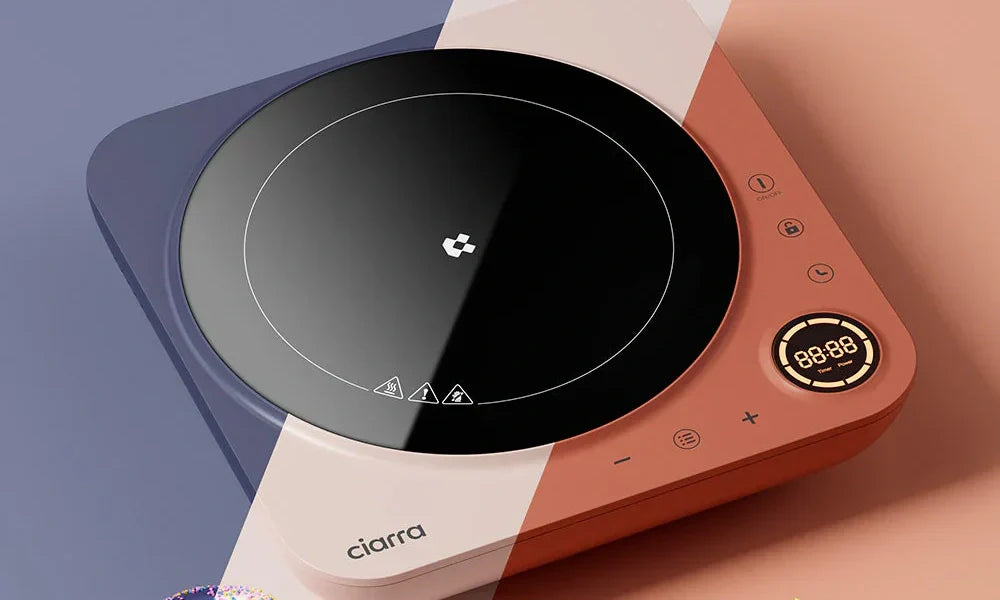
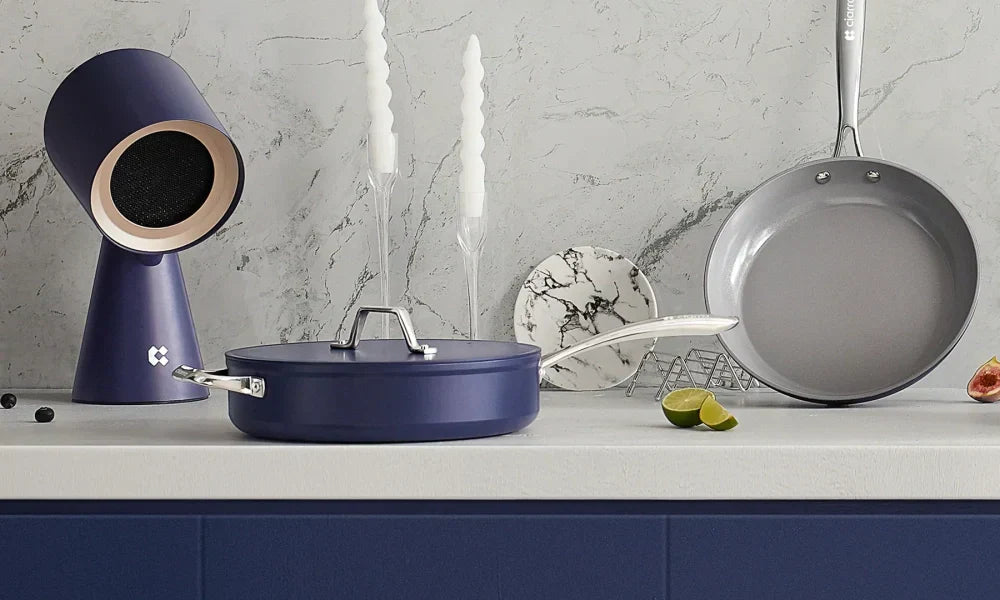
Leave a comment
All comments are moderated before being published.
This site is protected by hCaptcha and the hCaptcha Privacy Policy and Terms of Service apply.